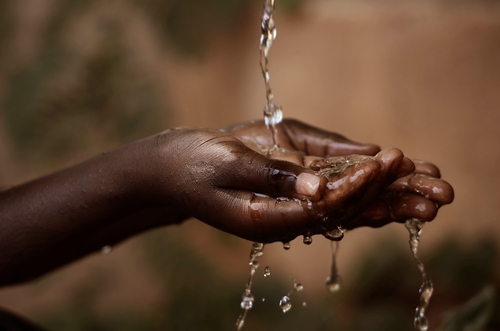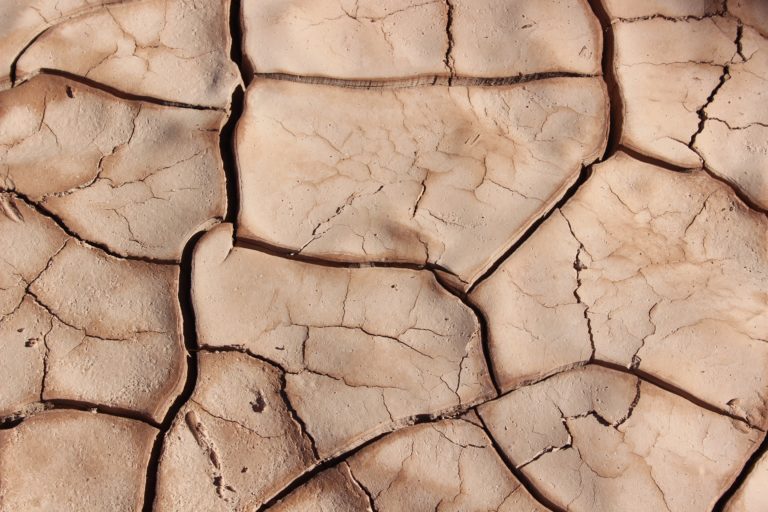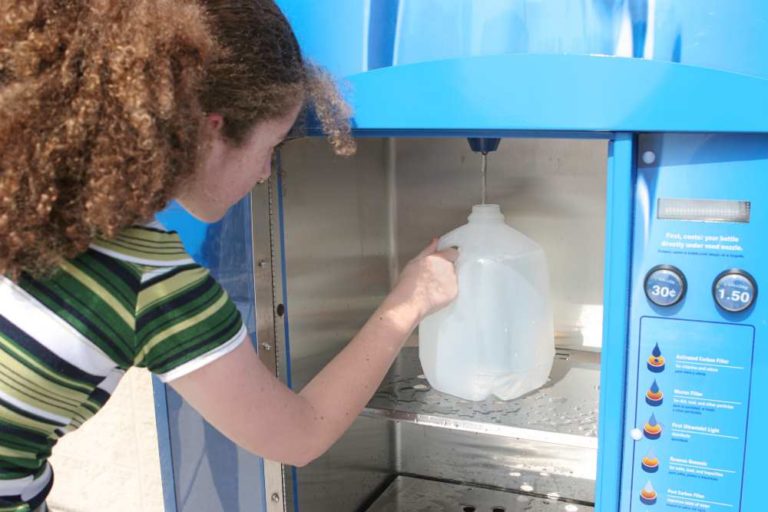
Water for society – Including all
World Water Week, the leading annual event on global water issues, was held in Stockholm from August 25-30, 2019. https://www.worldwaterweek.org World

Share with Friends

It has long been established that cancer thrives in a low-oxygen and acidic environment. Dr. Otto Warburg won the Nobel Prize in 1931 for his findings that revealed that all normal cells have an absolute requirement for oxygen, but cancer cells can live without oxygen.
Warburg said: “Deprive a cell 35 percent of its oxygen for 48 hours and it may become cancerous.”
So what is the connection between dehydration and cancer formation?
Oxygen transport
Water is the primary transporter of oxygen to the cells. Water is also the primary transport for the removal of toxins out of the cells and out of the body. In order to for detoxification to occur it’s important to keep well hydrated.
Acidification
Dehydration activates an enzymatic slowdown producing acidification creating fertile ground for many diseases, including some cancers.
Accumulating toxins
Lack of oxygenation and toxin accumulations also make the body much more vulnerable to the proliferation of microbes such as certain bacteria, viruses and fungi that are associated with cancer.
Kidney impairment
Chronic dehydration can result in the kidneys not working properly to maintain a balanced acid-alkaline state of body fluids. It is well known that cancer thrives in an acidic environment and a healthy body maintains a slightly alkaline pH.
Immune suppression
Dehydration suppresses the immune system in three different ways:
Research shows
The dehydrated body will pull water from less critical areas of the body to preserve the function of critical organs.
Dehydration and cancer formation are integrally linked for all of the reasons mentioned above so keeping the body well hydrated is a key lifestyle factor in cancer prevention.
The type of water you drink is also important. The water must be filtered of most contaminants without removing the natural occurring minerals.
Drinking alkaline filtered water is becoming well known in many of the alternative and traditional cancer clinics. The reason for this is because this type of water can increase hydration 6 times, improve cellular oxygenation, remove toxins safely and effectively, and provide a powerful antioxidant to reduce the damaging effects of toxins and acidic waste in the body.
Share with Friends

Julia Abelsohn is a writer, editor and clinical aromatherapist. She has been sharing her expertise and passion for health and wellness for over 25 years. When not at her desk she can be found exploring the many trails and green spaces near her home in Edmonton, Alberta.
Featured
Drink healthy, hydrogen-enriched water on the go with the AOK 808
The only USA-made water ionizer filter that has certified independent test results for reducing 172 contaminants by 99.9%.
World’s most advanced natural filter, alkalizer, ionizer and hydrogen system all in one affordable package.
Follow Us
Latest Posts

World Water Week, the leading annual event on global water issues, was held in Stockholm from August 25-30, 2019. https://www.worldwaterweek.org World

It’s Saturday morning, the sun is shining and it’s a perfect day to go out for a paddle. You grab

Since time immemorial scientists, philosophers and even us mere mortals have asked the question: are we alone in the universe?
Popular Posts

Water vending machines are as common in grocery stores as ATM machines but what kind of water are they really
For over 20 years, thousands of customers worldwide rely on Best Water for our excellent one-to-one support, high quality water ionizer products and competitive pricing. If you have any questions at all please call us. Our experienced techs are ready to help! Learn more about us.
© 2019 Best Water Inc. All Rights Reserved. Website & Branding by Elite Web Design